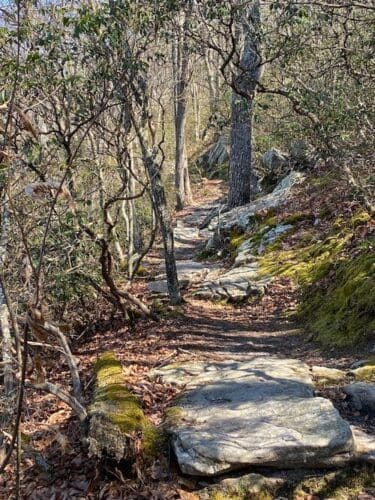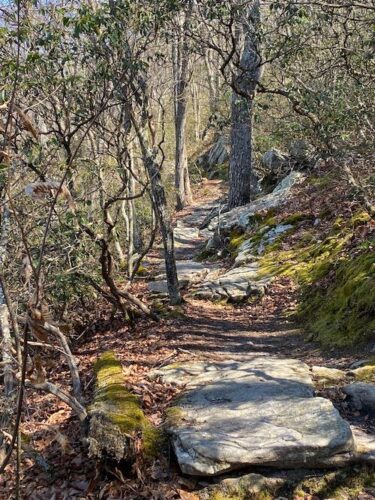
How often do we feel awe? Our first response might be something like “Rarely,” because we may think of “awe” as being completely overwhelmed, flabbergasted, or awestruck by some amazing event.
But awe is wider than that. Awe can result from any experience that leads us to ponder our place in the world, to recognize that we are part of something bigger than ourselves. Even the shock of confronting danger can create a sense of awe.
And awe is good for you.
In a recent episode of his “Hidden Brain” podcast, host Shankar Vidantam and guest psychologist Dachar Keltner discussed the power of awe in helping stressed out individuals “hit the reset button” and regain a greater sense of balance in life.
As a young professor, Keltner struggled with anxiety and panic attacks. When he noticed that certain experiences helped to reframe his thinking and reduce his anxiety, he saw that what they had in common was a sense of awe.
Playing on a cohesive intramural basketball team, attending an emotionally charged Iggy Pop concert, and being present with his family as a beloved brother died all brought moments of self-transcendence.
(Credit: Tony W. Cartledge)
Keltner discovered – as we can find – that when we stand before the wonder of creation, experience real community, or contemplate the miracle of life, it draws us out of our inward focus and into a larger reality.
In short, awe reminds us that we are part of something bigger than we are. Keltner’s research studies have shown that experiencing awe, even something as simple as taking a daily walk with a sense of open wonder, can lessen our stress, improve our mood, elevate our immune system, and even reduce inflammation.
That sounds worth pursuing.
Susan and I listened to the podcast while driving to Massanutten for a spring break getaway, and we decided to reflect on it during the week.
We smiled as a small herd of deer made twice-daily appearances outside our windows, grazing on the hillside and frolicking on the green of a golf course still closed for the winter.
We stopped to admire vultures soaring above the Shenandoah Valley while flock-mates perched on their stately roosts, stretching their wings to warm in the morning sun.

(Credit: Tony W. Cartledge)
We marveled at the size of a bobcat’s pawprint on a trail, paused to feel the softness of lush moss, and knelt to examine acorns sprouting in the damp mountain soil.
I even felt a sharp sense of awe when a small boulder rolled beneath my foot and sent me tumbling down a rocky incline. Finishing with a forward flip that left me flat on my back, I had an immense sense of gratitude that I hadn’t landed on my head.
The blood spurting from a deep gash above my ankle left me feeling particularly alive: it was an awe-some experience.
Most of our days are spent in more mundane ways, but every morning offers the chance to look for small wonders in the world and for meaningful connections with the people around us.
We might find ourselves not only lessening stress, but gaining gratitude for the amazing existence God has granted us.
Who knows? We may even grasp a new appreciation for what the psalmists were about: whether in lament or in praise, they sang the songs of life.
Professor of Old Testament at Campbell University Divinity School in Buies Creek, North Carolina, and the Contributing Editor and Curriculum Writer at Good Faith Media.


